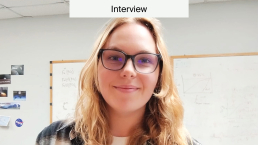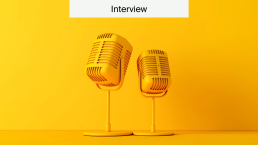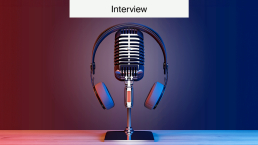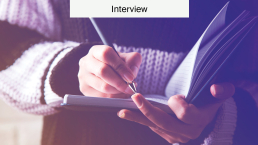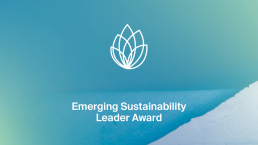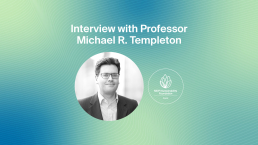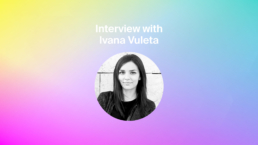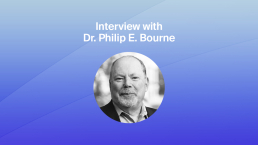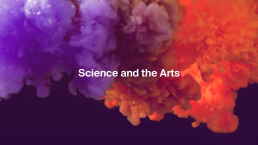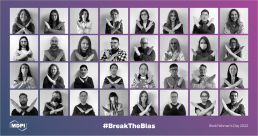
#BreakTheBias—International Women’s Day 2022 (IWD 2022)
International Women’s Day (IWD) takes place on 8th March every year. The theme of IWD 2022 is #BreakTheBias, encouraging us to question and break free from biases and stereotypes related to gender. What do people assume, consciously or unconsciously, about people based on the gender that they present as? We want to live in a world free from discrimination, in which we treat people equally and tackle the barriers that women face when it comes to bias.
MDPI and IWD 2022
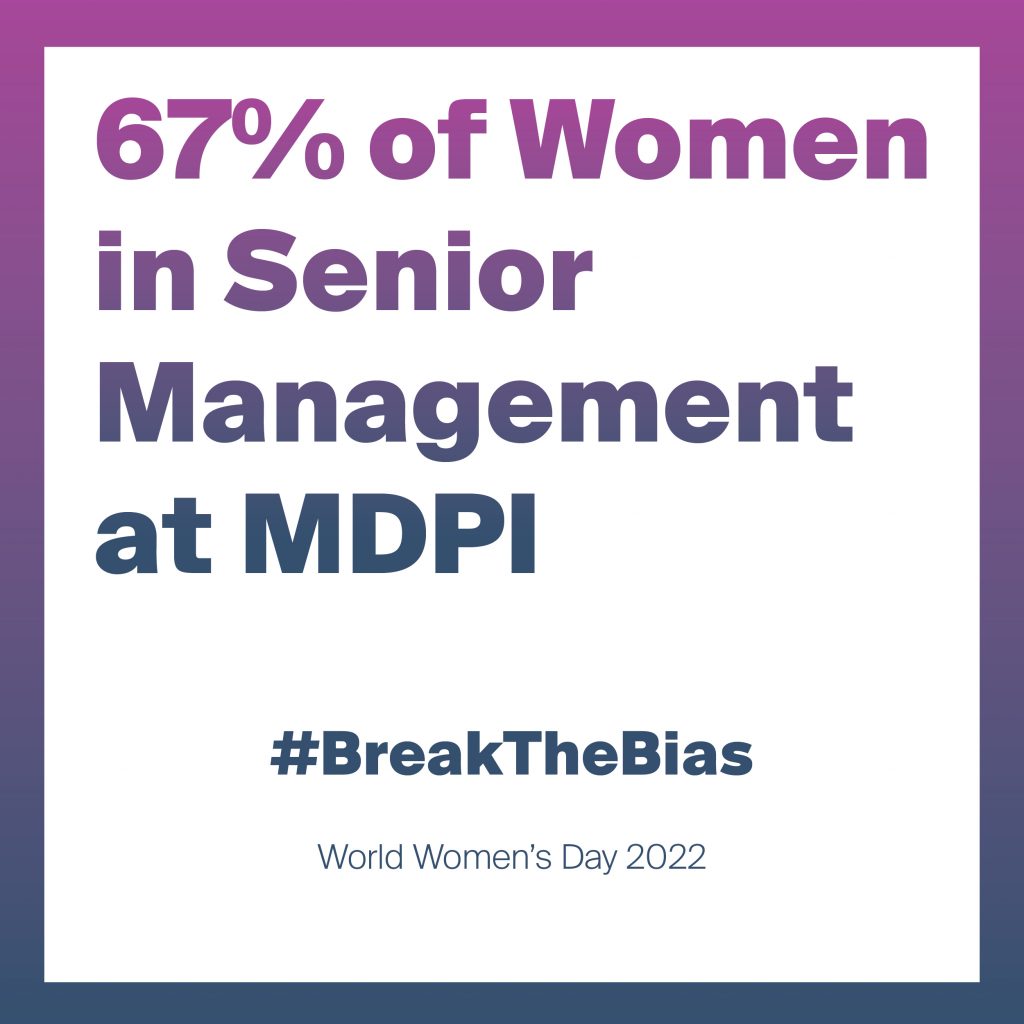
Diversity and dynamism are at the heart of MDPI’s operations. At MDPI, 80% of the workforce identifies as female; a stark contrast to the latest global data, showing that women represent only 37% of the average workforce. Similarly, 67% of senior management positions at MDPI are held by women, whilst globally, women fill just 24% of senior management roles. Globally, around 5% of CEOs are female. MDPI’s own CEO, Delia Mihaila, is part of that 5%.
As MDPI’s growth has accelerated to the point of being the world’s leading open access publisher, its workforce has grown exponentially. In 2021, the number of employees increased by almost 50%, reaching more than 5700 by year-end. Almost one in three current employees joined the company within the past twelve months.
IWD 2022 interview with Damaris Critchlow, Giulia Stefenelli, and Lin Li
In honour of International Women’s Day, introduce Damaris Critchlow, Head of Publication Ethics, Giulia Stefenelli, Chair of the Scientific Board, and Lin Li, Publishing Director China, discuss IWD 2022 and gender bias.
Can you explain your career journey? What challenges have you faced?
Giulia Stefenelli: Career journeys are rarely linear. I keep facing new challenges and it is a constant learning curve. Finding one’s own way and space to make a valuable contribution is the first challenge. In my personal experience, moving from scientific research in an academic environment, to a corporate environment, I’ve dealt with a dramatic change in perspective and new responsibilities to the scientific community.
Damaris Critchlow: I feel like I’m only just starting out! My career in publishing started with a move from the UK to Switzerland for an internship, following a chance application. I did not apply with the expectation that I would actually get the job! At the time, it felt like a big leap into the unknown. Since then, I’ve worked in a range of different roles in the Editorial Office, always within the world of open access.
Lin Li: I joined MDPI in 2012 as an Assistant Editor for one of MDPI’s most prestigious journals—Sensors. Over the years, I have gained so many wonderful experiences as a Managing Editor, Operations Manager, and also my main job now, Publishing Director China. For me, I think the challenges never end. The publishing industry is changing quickly, and the size of the company is growing fast. The biggest challenge right now is to keep up in this ever-changing environment, and meanwhile, maintain a high level of service.
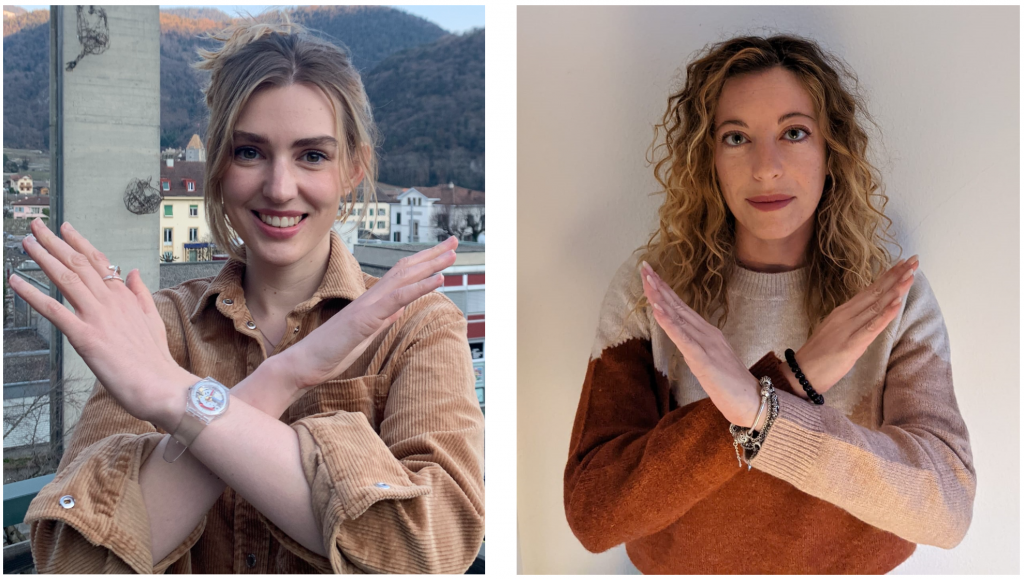
Why did you choose a career in academic publishing?
GS: Academic publishing and open access are close to my heart and highly relevant in today’s society. It’s great to be connected to academia while experiencing the other side of the coin. In this industry, I can be part of the process that enables the scientific community to make their hard work discoverable and accessible.
DC: I’ve always been interested in how knowledge is produced, communicated, and disseminated.
LL: Well, I believe it is the dynamic concept of open access that motivates me. My own research experiences have taught me well, but there have been many occasions in the past, when I have introduced my professor’s papers to others, and they could not get access to the research paper. I believe academic publishing is the best way to enhance academic communication, and open access is definitely pioneering academic publishing.
What does International Women’s Day (IWD 2022) mean to you?
GS: IWD is a reminder to us all of the social, cultural, political, and economic achievements of women around the world to date. It is also a day of global unity to reduce gender inequality, which, along with the climate crisis, is one of the great challenges of our time.
DC: International Women’s Day is important because equity is not a destination—it is a road to a brighter future. It is a continuous effort to challenge the status quo, and ultimately benefits everyone. It’s an opportunity to connect with others, to engage across generations and across the world to share experiences, and offer mutual support and encouragement.
LL: It’s a day that I celebrate together with the majority of our colleagues at MDPI to acknowledge our contribution, but it’s also an ordinary day when I work to make MDPI a better publisher.
What advice would you give to women aspiring to leadership positions?
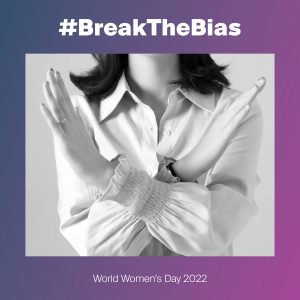
GS: I think that the key to professional satisfaction for women is not to try to emulate men or act outside of one’s nature, but rather to be yourself, and be transparent and authentic, without ever holding back from expressing your opinion or idea.
DC: Be open, be curious, and know your field. Lead collaboratively. Be a cheerleader, and find people who are your cheerleaders. Surround yourself with people and ideas that both support you and challenge you.
LL: I learnt things about myself and leadership, and the biggest lesson that I can share is this: If you have a sense of purpose that drives you, then aim high—become a leader. And make room as you go. Know what you want, and go all in. I don’t like the idea of getting work–life balance right, in the sense that I don’t like the word “balance,” and there’s always guilt. We should just make it work.
What are the benefits of women in leadership?
GS: Women are inherently resilient, caring, and resourceful; all significant qualities that, if nurtured, can help them grow into emotionally intelligent leaders.
DC: Leadership is about taking advantage of opportunities to tackle difficult problems, and lifting others up with you to do the same. Having more women involved in leadership helps to address the need for more diverse leadership that includes people from a variety of backgrounds, with different life experiences. It is an opportunity to challenge preconceived ideas about who leaders are, what they do, and how they do it.
LL: Women have a greater sense of responsibility and the sensitivity to stay balanced on a tightrope between strength and empathy. We know when to be harsh and tough, to overcome obstacles, to show perseverance without being considered hard and unlikeable; and know when to be caring and soft, to show sympathy, and support the whole team.
Which women have inspired you and why?
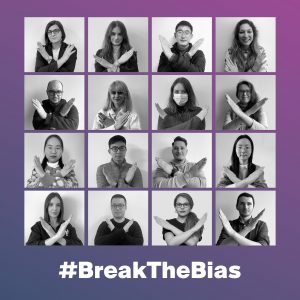 GS: Some of the women who have inspired and influenced me the most in my youth are members of my own family, passing onto me important principles, such as that of Simone De Beauvoir; “One is not born a woman, one becomes one”. I am also inspired by young women like Malala Yousafzai. She has had the sensitivity to understand and take to heart the inequalities around her. She has had the courage to challenge the reality in which she lives and has committed herself from a very young age to fighting for civil rights by appealing for the right to education worldwide.
GS: Some of the women who have inspired and influenced me the most in my youth are members of my own family, passing onto me important principles, such as that of Simone De Beauvoir; “One is not born a woman, one becomes one”. I am also inspired by young women like Malala Yousafzai. She has had the sensitivity to understand and take to heart the inequalities around her. She has had the courage to challenge the reality in which she lives and has committed herself from a very young age to fighting for civil rights by appealing for the right to education worldwide.
DC: My mum is herself in a leadership position, and so it never crossed my mind that women could not be leaders. I have been lucky that every woman I have worked with has been inspiring. Every person I have worked with is inspiring! Each has a different approach to life and work, and I am constantly fascinated by their perspectives. The women included in this IWD series; Lin, and Giulia, are inspiring, supportive, and encouraging, and contribute to an environment in which women can succeed together.
LL: Many excellent women scientists have inspired me; one of them is Prof. Tu Youyou, who won the 2015 Nobel Prize in Physiology or Medicine. She’s been very hardworking, humble and persistent, and her contribution has changed the world.
How do you relax in your downtime?
GS: My leisure time is dedicated to good food, great friends, and meaningful social interactions, but also me-time dedicated to yoga and creative activities, such as photography and watercolour painting.
DC: I get outside and run in the countryside where I live, and listen to podcasts.
LL: I think that exercise gives me a clearer mind and time to refresh myself. Taking inspiration from the name of one of our largest journals at MDPI, Sustainability, I know that substantial exercise can really do me good, and I feel really good after jogging in the morning.
More interviews on the MDPI Blog
We are grateful to Damaris Critchlow, Giulia Stefenelli, and Lin Li for taking the time to answer our questions for IWD 2022. If you want to read more interviews on the Blog, click here for more.

